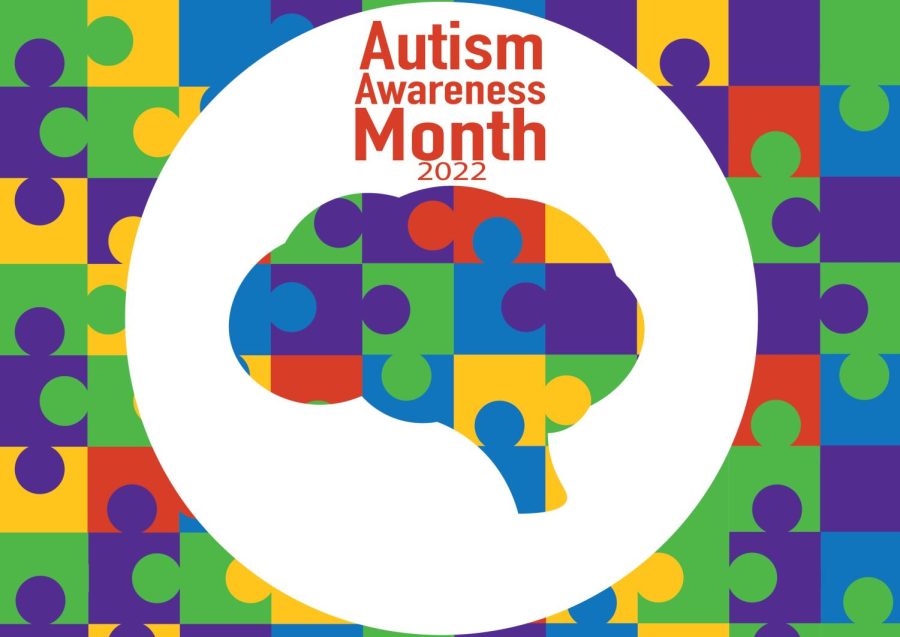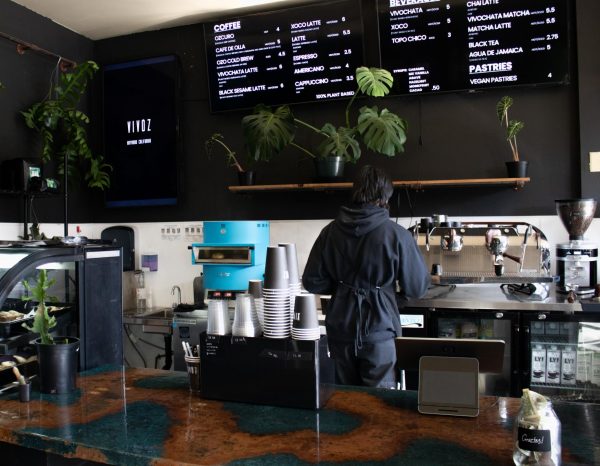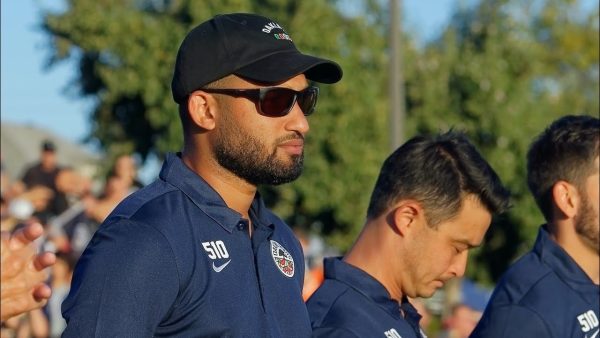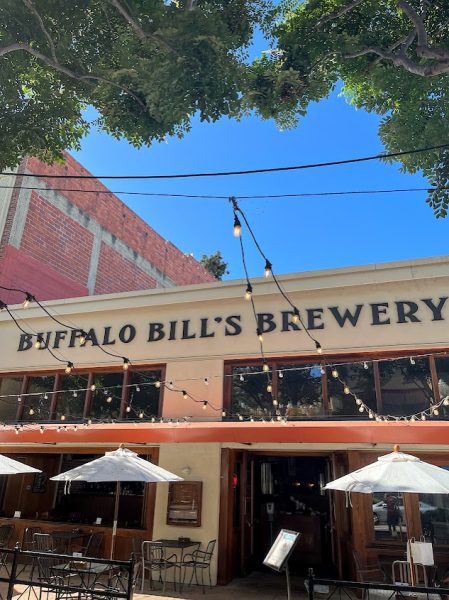April is Autism Awareness Month
The Autism Society has led a national movement to improve awareness and guarantee that all persons with autism have the highest possible quality of life since 1970.
The Autistic Society of America, the nation’s oldest and largest autism community group, launched its Celebrate Differences campaign in April 2021 to commemorate Autism Acceptance Month. National Autism Awareness Month is honored from April 1, 2022, to April 30, 2022.
The social media hashtag #CelebrateDifferences aims to raise awareness of autism’s signs, symptoms, and reality by providing information and resources for communities to become more aware of autism, inspire acceptance, and be more inclusive in everyday life.
“A great way to celebrate differences is by being accepting, having tolerance, and awareness that not everyone is going to be the same as you, and that’s okay. By embracing our diversity, we can learn more about our world and ourselves in turn, enabling us to grow and thrive,” said Chrystal Aguilera, Behavior Intervention Specialist (BIS) at ACES, an organization aimed at advancing the measures in the treatment of autism, as noted on their website.
California State University, East Bay’s College Link Program (CLP) seeks to “provide services beyond the typical accommodations provided through the Americans with Disabilities Act” with the mission “to help students who have been diagnosed with Autism Spectrum Disorder to transition and succeed in the higher education environment,” the program details.
To foster an inclusive environment, the CLP staff works toward teaching living skills to students to succeed socially and professionally by adapting flexible teaching styles tailored to individual needs.
“CLP provides services above and beyond what the ADA requires. These services include in-class shadows (discreetly supporting the student in navigating the social environment of the class, including group work), weekly academic coaching, executive skills coaching, and time in the CLP Lab, to name a few. These wrap-around services are often unique for autistic students,” said Pamela Baird, Director, Accessibility Services at CSUEB.
About 1 in 44 children in the U.S. are diagnosed with Autism Spectrum Disorder (ASD). Early intervention provides the best chance to promote healthy development and provide long-term benefits, according to a health report by Autism Speaks.
Despite its widespread prevalence, numerous myths and misconceptions about autism have emerged. These misunderstandings can negatively affect ASD research and those who experience the disorder.
“Something that helped me be successful was definitely Eric Kuper’s Creativity Lab, what a safe space of validation that was. Just in general, there’s a lot that service providers need to do to heal the often negative relationship they have with the autistic community; there’s a lot to get into that. (Deep disability history that professors who have been teaching about autism for years don’t have, which means that what they teach is often outdated and the antithesis to community desires),” said Anna Illes, an academic coach in CSUEB’sCLP.
There are various ways to get involved within the autism community, and it is critical to continue the progress in improving access to opportunities for people with developmental disabilities.
“We as a society can be more aware of autism by learning and understanding what it is in order to help bring acceptance. A great way to get involved in the community would be to walk or run for autism. These types of events allow people to find other autistic parents, relatives, and friends connected with autism, building a community,” Aguilera said.
Everyone should participate in helping to build a world where all people with autism may reach their full potential, whether you have autism, love someone who does, or want to support a varied, inclusive, and caring community.













